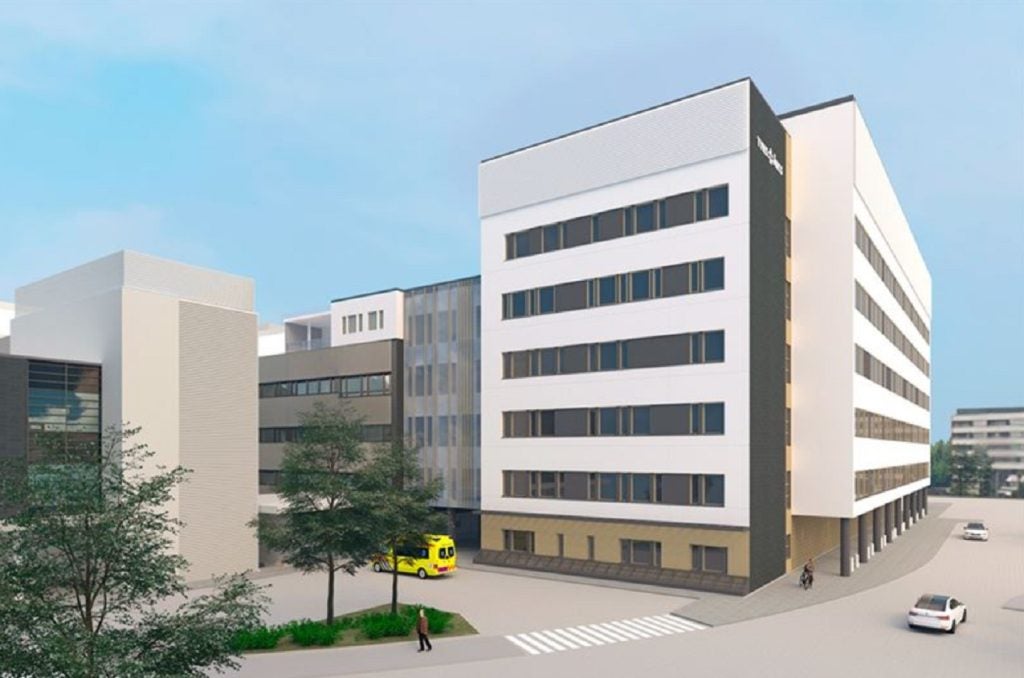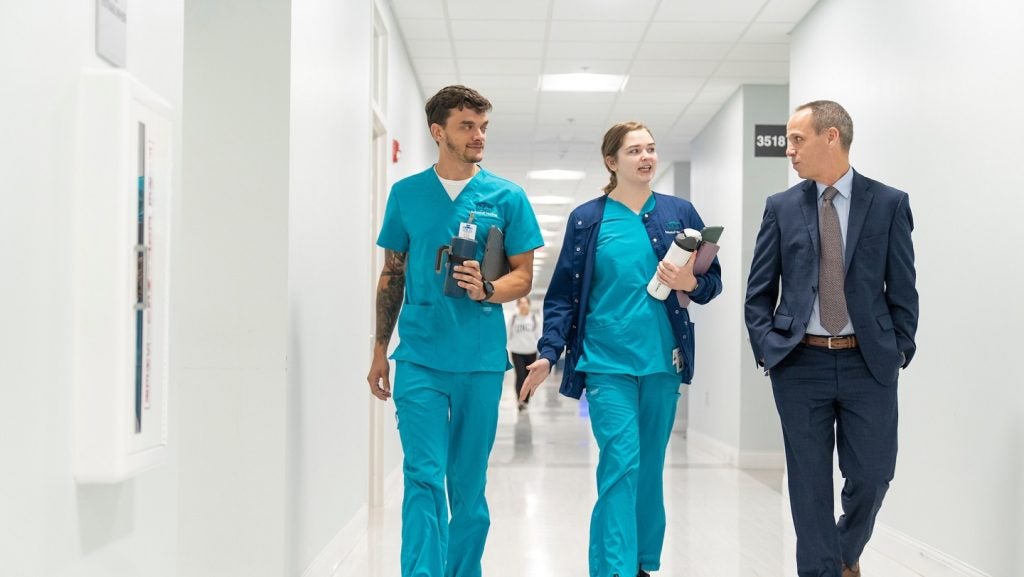Australia's Prime Minister and other government leaders have reached an agreement to enhance the nation's healthcare service, increasing commonwealth contributions to public hospitals from 40% to 45% over the next decade.
This will provide nearly A$200bn ($134.73m) in extra funding, including a further A$13.2bn in the five years leading to 2030.
This funding boost aims to address issues such as ambulance ramping and surgery backlogs, with annual increases and replacing a 6.5% funding cap on public hospitals with an approach that offers a “first year catch-up growth premium”.
The agreement also focuses on improving the overall health system by promoting collaboration among hospitals, aged care, and general practices.
Reforms for the National Disability Insurance Scheme (NDIS) and additional support for people with disabilities outside the NDIS are part of the plan.
An extra A$1.2bn investment aims to strengthen Medicare, easing pressure on hospitals, particularly for older Australians leaving hospitals.
To enhance healthcare accessibility in various areas, the government plans to simplify the recruitment of overseas doctors.
The Medicare package includes expanding the network of Medicare Urgent Care Clinics, with 58 clinics expected to be open by the year-end.
These clinics help reduce non-urgent hospital visits, providing timely care for patients, especially children and workers with injuries.
Last month, the government announced A$66m funding for genomics research. This will support 25 projects focused on using genomics to enhance testing and diagnosis for various diseases, leading to more accurate and prompt treatments.
The projects include testing children with cerebral palsy, improving diagnosis of rare genetic diseases, studying Parkinson's disease genetics, addressing autoimmune diseases, and identifying high-risk glaucoma patients, among others.
Each project will secure up to A$3m from the Medical Research Future Fund's Genomics Health Futures Mission.















